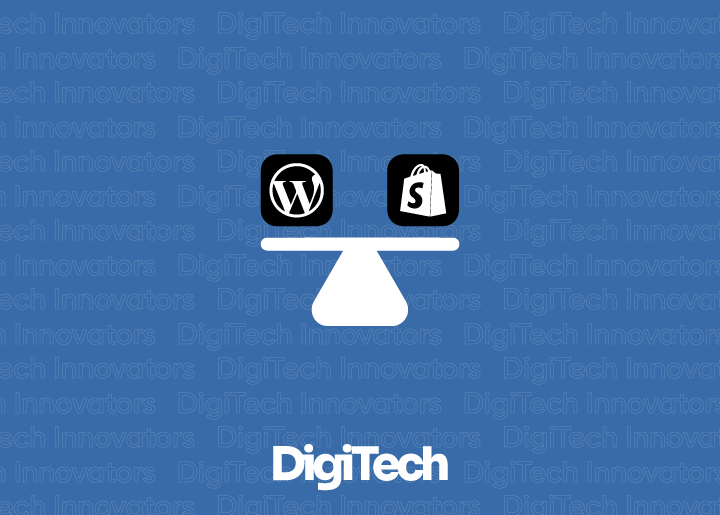Shopify and WordPress are among the most popular e-commerce website builders.
The distinction is that Shopify is solely focused on online stores, whereas WordPress is a much larger website builder that also includes e-commerce features.
Most e-commerce enterprises looking for an out-of-the-box solution would benefit from utilizing Shopify.
Because Shopify stores and websites are the same thing, it’s much faster to set up a store, add items, and begin accepting payments rapidly.
With WordPress, you must first develop your site, followed by the extra step of putting up your store.
Shopify features and benefits
Fast Shop Setup
Shopify can let you set up an online business in a few simple steps. After you’ve created an account, you’ll be able to set up payment processing and shipping, as well as make some basic website design options like colors and fonts.
Then you may start displaying things and accepting payments straight immediately.
Easy order management and fulfillment tools
Shopify’s order dashboard displays every transaction you’ve made, whether it occurred on your website, a marketplace like Google Shopping, or a social media platform like Instagram.
You may print shipping labels, track deliveries, provide in-store pick-up, and manage customer communications.
Shopify also produces sales statistics, which may help you better understand how your business is performing.
Built-in security features
Shopify’s websites are PCI-compliant by default, which can help secure your customers’ sensitive information like as credit card details.
And if you purchase a domain name from Shopify or store your assets on Shopify’s servers, you will instantly receive a TLS certificate that encrypts interactions between your website and others.
WordPress features and benefits
Wide range of customizing possibilities
You have almost likely visited a WordPress site. However, because WordPress sites are so adaptable, you may not notice it.
You may select from thousands of themes, including many free ones, or create your own.
In addition, you may utilize plug-ins to add a variety of website functions, such as contact forms and social network feeds.
Your choice of payment processor
WordPress and WooCommerce customers can utilize WooCommerce Payments, which has costs similar to Shopify’s, or they can install extensions that enable alternative payment processors.
This can be beneficial for organizations in areas that some payment processors consider high-risk, such as those with age limits or significant chargebacks.
Finding low-cost payment processing can also help your organization save money.
Support for additional kinds of internet material
WordPress is a highly effective content management system. WordPress and its plugins allow you to blog, provide members with special material, sell tickets and event registrations, schedule appointments, and much more.
If your company isn’t only focused on e-commerce, WordPress might be a fantastic fit for you.

